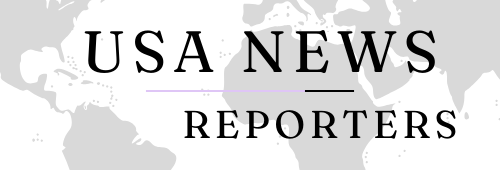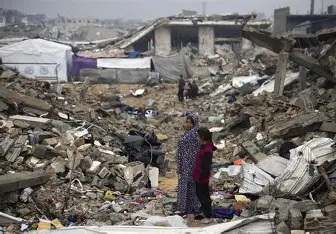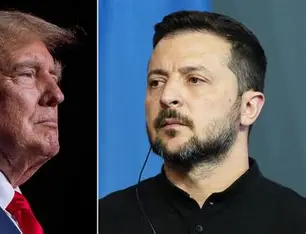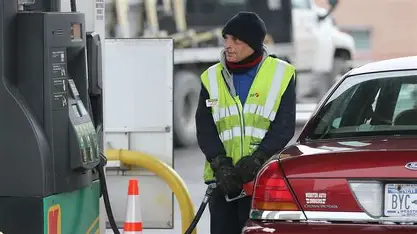Global Press Groups Mourn Al Jazeera Journalists Lost in Gaza
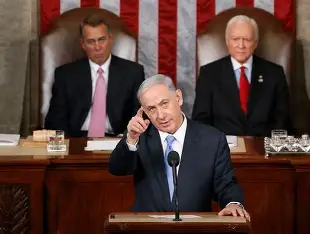
Global press freedom organizations are uniting in grief after losing multiple Al Jazeera journalists during recent airstrikes in Gaza. The killings are drawing swift condemnation from media unions, advocacy groups, and international watchdogs, who warn that attacks on journalists directly threaten free speech and violate humanitarian law. As a result, the tragedy is intensifying global calls for stronger protections for reporters working in dangerous conflict zones. Press advocates argue that without decisive action, journalists will remain exposed to deadly risks simply for doing their jobs
The Committee to Protect Journalists (CPJ), Reporters Without Borders (RSF), and the International Federation of Journalists (IFJ) are issuing strong statements condemning the attacks. They stress that deliberately or recklessly targeting media workers breaks international law and erodes the foundations of press freedom. Furthermore, these organizations are urging independent investigations to uncover the full circumstances of the deaths, pointing to the rising dangers facing reporters in Gaza. Calls for accountability are echoing from Washington to Brussels, as advocacy groups and lawmakers demand that governments act to protect those who risk their lives to bring the truth to the public.
U.S. officials are expressing condolences to the victims’ families and pledging to strengthen press safety initiatives worldwide. Lawmakers from both political parties are urging thorough reviews of the incident, with some calling for restrictions on military aid to regions where journalists face systematic threats. At the United Nations, diplomats are spotlighting the killings as part of a wider global trend of impunity for crimes committed against journalists. Consequently, these responses signal a growing recognition among world leaders that press freedom is not just a democratic value, it is a crucial pillar of global stability and good governance.
The deaths in Gaza are underscoring the severe dangers journalists face when reporting from active war zones. In addition to life-threatening physical risks, reporters must navigate blocked access to key areas, disrupted communication networks, and targeted disinformation campaigns designed to distort facts. Analysts warn that without credible, on-the-ground reporting, false narratives can spread unchecked, fueling further violence and undermining public trust in verified news. As conflicts grow more complex, the ability of journalists to work safely becomes a direct factor in whether the global public receives accurate, independent information.
The incident in Gaza is more than a regional tragedy, it is a global wake-up call. Press freedom advocates insist that the killings highlight an urgent need for new international mechanisms to protect journalists everywhere. They are pushing to strengthen UN resolutions on journalist safety, expand conflict zone safety training, and hold perpetrators accountable through legal action. Moreover, they stress that governments must act now to safeguard the integrity of global news coverage. For policy-makers, the loss of the Al Jazeera journalists sends a clear signal: without proactive measures, both press freedom and informed democratic debate will remain under constant threat.

